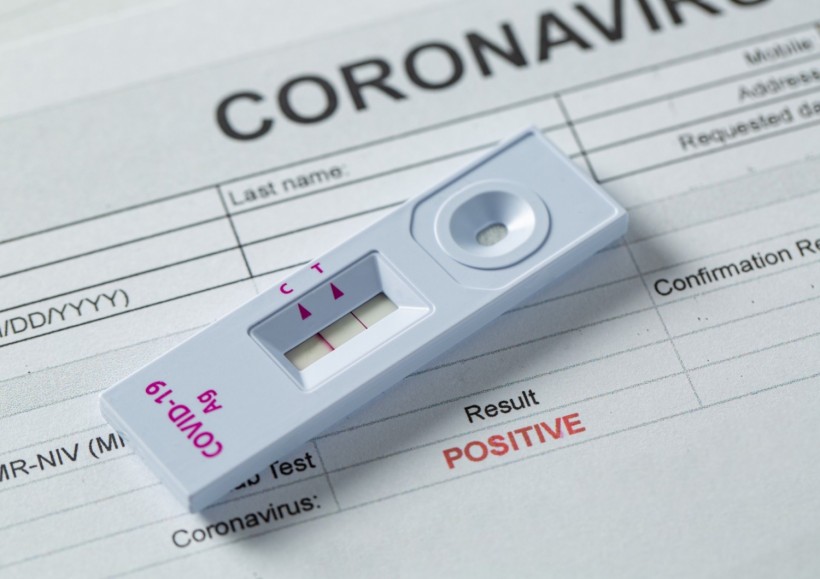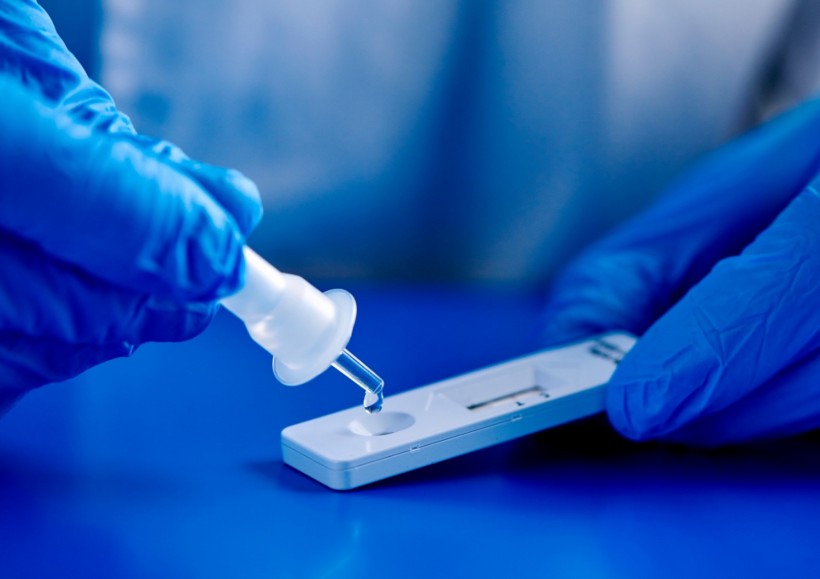As rapid antigen tests become more commonplace, it's encouraging to see that they've become more accurate. These tests are by far the fastest test available. They offer lab-quality results in just 15 minutes. However, how accurate are they? Are they good enough to be used in hospitals? Keep reading to learn more.
How Accurate are Rapid Antigen Tests?
Rapid antigen tests are used to test for SAR-CoV-2 virus antigens. The occurrence of false negatives from rapid antigen tests fully relies on the brand used, how well you followed the instructions, and if COVID19 symptoms were present.
It's always recommended to check test certifications to verify their reliability and accuracy since all test kits adhere to guidelines of Australia's rapid antigen self-testing regulated by the Department of Health.
Note that false negatives are brought by carelessness and the inability to follow instructions well. Ensure to follow them when using saliva and nasal swabs strictly.
Furthermore, its accuracy for people tested with COVID-19 symptoms averages about 72% after using rapid antigen tests. Additionally, the number goes higher when accurately done repeatedly.
Lastly, the accuracy results in case studies varied drastically compared to people infected for persons not infected. This gives an accuracy from 40 up to 75% when tested using rapid antigen tests. Again, the result's accuracy is heavily dependent on how you follow instructions, the kit's brand, and the presence or absence of symptoms.
How Do Rapid Antigen Tests Compare to PCR Tests?
While the PCR test is still considered the gold standard for accuracy, it is limited because it takes hours to process results and requires a laboratory. This makes it impractical to use at large events or in places where people are likely to come into contact with people they don't know, like college campuses or nursing homes.
On the other hand, the rapid antigen test can be administered quickly with instant results. If someone is found to have an infection, they can be isolated right away, and anyone who has been in contact with them can be notified immediately.
What Are the Advantages of Rapid Antigen Tests?

These tests are easy to administer and interpret, meaning they can be used by just about anyone in virtually any setting. Here are other advantages.
1. Easy and Safe to Use
Rapid antigen tests are easy to use and require little training, making them ideal for health clinics, hospital emergency rooms, pharmacies, and physician offices. In addition, they can be used to test patients ages 2 and above. The tests do not require blood samples and can give results within minutes. A rapid test result can help a physician quickly determine what type of treatment is necessary.
2. Relatively Low Cost
They can be purchased online for as little as $11, though the Food and Drug Administration recommends buying them through trusted online vendors.
3. Produce Results within Minutes
These antigen tests give results in less than 15 minutes. Rapid antigens are used to check the presence of antibodies to the infectious disease markers. These rapid tests are a significant improvement to existing methods which can take a few days to process and require lab equipment that is not readily available in many locations.
4. Frequent Testing Can Identify COVID-19 Infections
Tests may be conducted up to two to three times each week to monitor viral infection and determine whether treatment is needed. Frequent testing can help decide whether a patient infected with a respiratory virus will recover independently or needs treatment to manage the infection.
What to Do If You Are Tested Positive or Negative for a Rapid Antigen Test?
If a person tests positive for the rapid antigen test, they will have to undergo a PCR test. The PCR testing will tell the doctor if they have an active COVID-19 infection or if they have antibodies to COVID-19.
If the PCR test comes back negative, there is no need to isolate. If it is still positive, they will be sent home to quarantine and monitor symptoms.
Rapid Antigen Tests Have Limitations But Are Good Options

The rapid tests now available from most major laboratory diagnostic testing equipment suppliers have improved the speed of test results. This has dramatically impacted blood tests by both laypeople and medical professionals.
Unfortunately, because they are so much faster, many people may forget that these tests can sometimes be wrong if unused inaccurately.
© 2024 NatureWorldNews.com All rights reserved. Do not reproduce without permission.
* This is a contributed article and this content does not necessarily represent the views of natureworldnews.com






